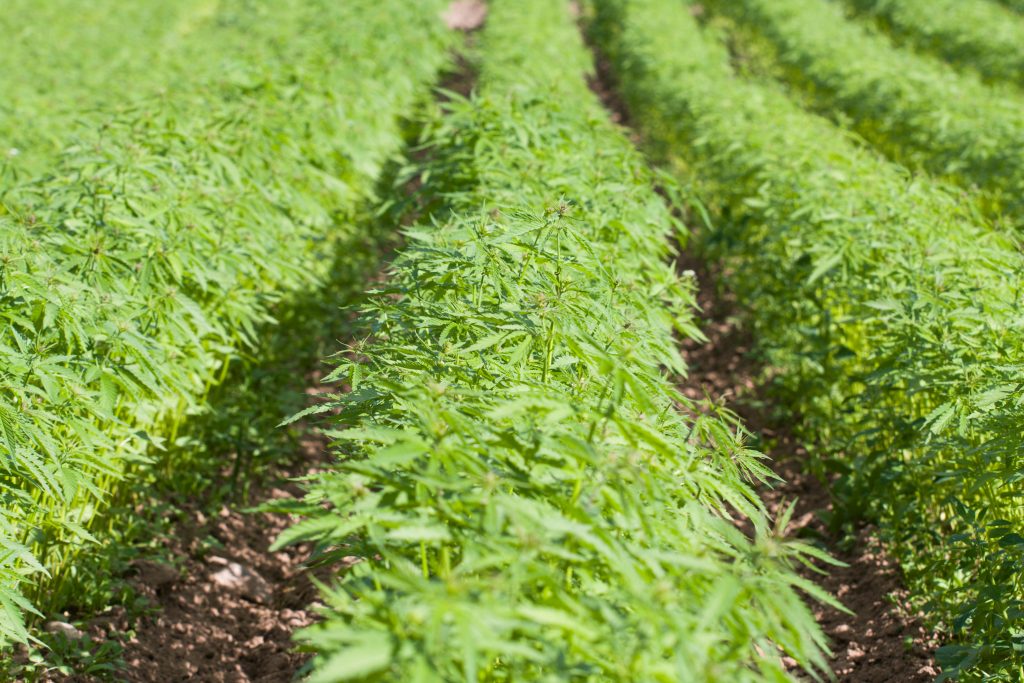
Alabama producers who plan to produce hemp in the future need to have a clue about what their production is intended for, says Gail Ellis, hemp program manager at the Alabama Department of Agriculture and Industries (ADAI).
“What I’ve tried to tell everybody that gets in hemp, the more you know about what you want to do in hemp is better known before you put in a license application. A lot of people get in here and just want to grow hemp. They don’t even know if they want to grow for any of the oils or fiber, grain; they have no idea,” Ellis said. “They’re at a disadvantage immediately upon getting their application approved.”
She said that growers should have already researched a seed source or a plant source, whether they’re from Alabama or out-of-state, before applying for a license.
“That’s not something that we tell you. We don’t give you a list of seed dealers or plant nursery growers. That’s stuff you guys, unfortunately, have to find out from yourself, other growers or maybe Katelyn (Kesheimer) with the Extension Service; maybe they know of people in those counties that they deal with,” Ellis said. “That’s just information that you guys have to glean yourself.”
ADAI Approval
Each grower must also wait until they receive an ADAI approval email for the sources and varieties they intend to purchase.
“The reason we do this is we first make sure that source is a licensed hemp person in whatever state they’re operating in. They also have to have a seed dealer permit in Alabama if they’re selling seeds,” Ellis said.
Growers are also required to submit an online seed acquisition form for each source they intend to purchase from. A new source and/or variety requires submission of another form.









